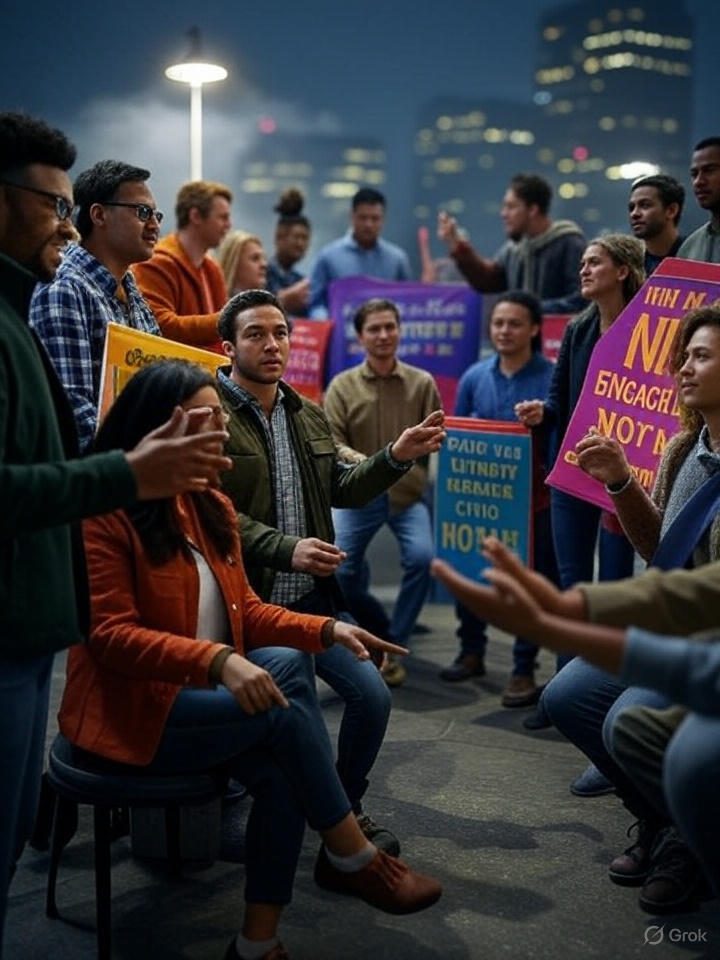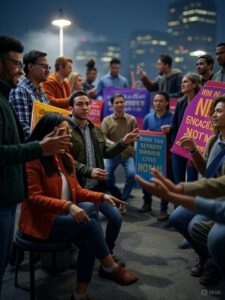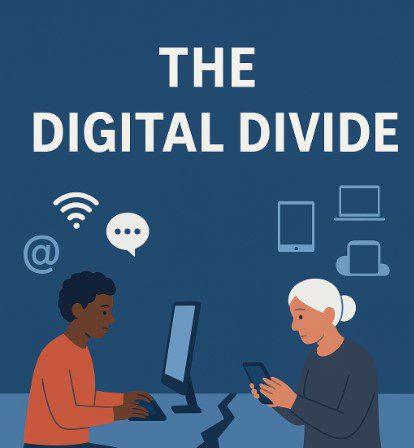Introduction
Did you know that in 2024, over 60% of young Pakistanis expressed a desire to participate in community decision-making? This growing interest highlights the vital role of civics, citizenship, and civic engagement in shaping our societies. These concepts are more than textbook terms—they’re the building blocks of active, responsible communities. This article explores what civics, citizenship, and civic engagement mean, how they connect, and why they matter today. From Pakistan’s local initiatives to global movements, we’ll dive into real-world examples and data to show how these ideas empower individuals and drive change. Whether you’re a student, researcher, or curious reader, this guide will help you understand your role in society.
Understanding Civics and Citizenship
What Is Civics?
Civics is the study of how societies are organized and governed. It covers rights, duties, and the systems—like laws and elections—that keep communities running. Think of it as a roadmap to understanding how your town or country works.
- Key Focus: Rights (e.g., voting) and responsibilities (e.g., paying taxes).
- Relevance: Helps people navigate their role in democracy.
What Does Citizenship Mean?
Citizenship is your legal membership in a country, granting you rights and obligations. It’s not just a passport—it’s about belonging and contributing. In Pakistan, citizenship comes with the right to vote, as seen in the 2024 general elections, where 55% of eligible voters participated, according to the Election Commission of Pakistan.
- Types: Can be by birth, naturalization, or marriage.
- Global Context: The UN notes 3.9 billion people hold citizenship in democratic nations (2023 data).
The Connection
Civics educates citizens about their roles, while citizenship gives them the platform to act. Together, they foster a sense of duty and identity, crucial for a thriving society.
The Power of Civic Engagement
Defining Civic Engagement
Civic engagement is when citizens actively participate in their community’s life—through voting, volunteering, or advocating for change. It’s the practical side of civics and citizenship. For example, in Pakistan, the 2022 flood relief efforts saw thousands of volunteers distributing aid, showcasing community spirit.
- Forms: Voting, protests, community service.
- Impact: Strengthens democracy and addresses local needs.
Why It Matters
Engaged citizens hold governments accountable and solve problems. A 2023 study by the World Bank found that countries with high civic engagement, like Sweden, have lower corruption rates (2% vs. 30% in less engaged nations). In Pakistan, youth-led climate marches in 2023 pushed for greener policies, proving engagement drives progress.
- Benefit: Builds trust between people and leaders.
- Challenge: Requires time and education.
Real-World Example: Pakistan’s Youth Movement
Pakistan’s young population, making up 64% under 30 (Pakistan Bureau of Statistics, 2023), is leading civic engagement. Groups like the Pakistan Youth Alliance organize clean-up drives and voter awareness campaigns, boosting participation and shaping public policy.
Forms of Civic Engagement
| Type | Examples |
|---|---|
| Political | Voting, protests, contacting MPs. |
| Community-Based | Volunteering, neighborhood cleanups. |
| Digital Activism | Online petitions, awareness campaigns. |
Global Case Studies and Impacts
South Africa’s Post-Apartheid Engagement
After apartheid ended in 1994, South Africa saw a surge in civic engagement. The Truth and Reconciliation Commission involved citizens in healing, with over 20,000 testimonies recorded. This shows how active participation can rebuild a nation, aligning with UN findings on social cohesion (2022).
- Lesson: Engagement heals divisions.
- Outcome: Increased voter turnout to 66% by 1999.
Pakistan’s Local Governance
In rural Pakistan, the Local Government System (2001) encouraged civic participation. Villagers in Punjab elected representatives to manage water projects, with 80% success rates in irrigation improvements (World Bank, 2023). This grassroots effort highlights how citizenship translates into action.
- Success: Empowers local voices.
- Challenge: Needs better funding.
Global Trends: Digital Civic Engagement
Globally, digital tools have transformed civic engagement. The 2020 Black Lives Matter movement saw 15 million tweets in a month, per Pew Research, showing how online platforms amplify voices. In Pakistan, the #TharDeservesBetter campaign raised awareness about drought, influencing government aid in 2023.
Barriers to Civic Engagement
Socioeconomic Challenges
Poverty and illiteracy can limit participation. In Pakistan, 38% of adults are illiterate (UNESCO, 2023), reducing their ability to engage with civics. This gap often leaves marginalized groups, like rural women, underrepresented.
- Solution: Education programs and mobile outreach.
- Data Point: Educated citizens are 40% more likely to vote (UNDP, 2022).
Political Apathy
Some feel their voice doesn’t matter. In the U.S., only 46% of 18-29-year-olds voted in 2020 (U.S. Census Bureau), reflecting disinterest. In Pakistan, urban youth cite corruption as a deterrent, with 60% expressing distrust in 2024 surveys.
- Cause: Lack of transparency.
- Fix: Transparent governance and youth councils.
Cultural Barriers
In some societies, traditional roles limit engagement. In Pakistan’s tribal areas, women’s participation is low due to cultural norms, though initiatives like Aurat March are changing this, with attendance rising to 10,000 in 2023.
- Progress: Advocacy breaks stereotypes.
- Need: Inclusive policies.
The Future of Civics, Citizenship, and Civic Engagement
Emerging Opportunities
Technology offers new ways to engage. In Pakistan, apps like “Citizen Portal” allow direct complaints to officials, with 1.2 million users by 2025. Globally, e-voting trials in Estonia have increased turnout by 20% (e-Governance Academy, 2023).
- Trend: Digital inclusion.
- Potential: Wider reach.
Challenges Ahead
Balancing online and offline engagement is key. Misinformation on social media, affecting 30% of users globally (WHO, 2023), poses risks. In Pakistan, fake news during elections has led to calls for digital literacy campaigns.
- Risk: Polarization.
- Strategy: Education and regulation.
Vision for Tomorrow
As citizenship evolves, civic engagement must adapt. Encouraging youth and diverse voices will shape a more inclusive future, with Pakistan’s young population poised to lead this shift.
Conclusion
Civics, citizenship, and civic engagement are the threads that weave strong societies. From Pakistan’s youth movements to South Africa’s reconciliation and global digital trends, these concepts empower individuals to shape their world. Despite barriers like poverty and apathy, the potential for change is immense. Education and technology are opening doors, but challenges remain. How will you step up to engage in your community? Share your ideas and experiences on Societyopedia!



